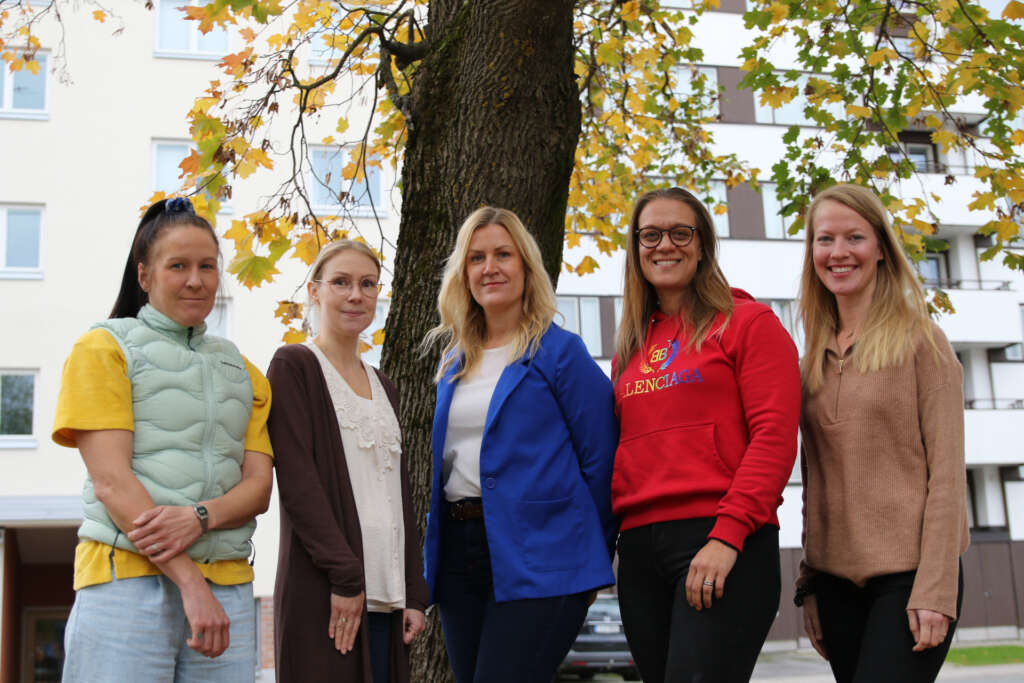
Article categories: Archive News
Tackling students’ language challenges in secondary schools in Vaasa
Published: 19.10.2023
Language-supported teaching (Kietu teaching) started this autumn in four secondary schools in Vaasa, addressing, among other things, the linguistic challenges of multilingual pupils.
The Merenkurkku School, Onkilahti Comprehensive School, Borgaregatans skola and Variska Comprehensive School will each have one full-time Kietu teacher for the academic year 2023–2024.
– The aim is to improve the education language skills, that is, skills in Finnish or Swedish, of secondary school pupils. As a result, learning outcomes and grades will be improved, making it easier for the pupils to move on to upper secondary education, says Outi Närvä, a teacher at Variska Unified School and the coordinator of the project.
The project aims to help especially pupils with an immigrant background, but help is available to all upper-school pupils with language difficulties.
– For example, students can take a history or maths test with a Kietu teacher, who can translate difficult terms into simple language if necessary. After all, each subject is a new language for the pupil, explains Närvä.
Dictionaries to assist in tests
The Kietu teachers are hired to support pupils with language challenges, but also to promote a language-aware culture in the school.
– The Kietu teacher is responsible for developing the whole school, making the teachers more linguistically aware and sensitive to the terminological challenges of their subject. The Kietu teacher explains terms simply and teaches the teachers, describes Närvä.
Linguistic awareness is one of the principles guiding the development of school culture.
– For example, we want to spread awareness that all languages are allowed in schools. The pupils can use dictionaries in their mother tongue if the Finnish or Swedish terminology of some subject is difficult to remember, says Närvä.
The linguistically supported teaching is voluntary, and most of the pupils have been happy with the help they have received. The teachers have also been grateful for the help.
Aiming for strong linguistic awareness in schools
The project also supports the teachers in assessing pupils with a migrant background, especially in distinguishing learning difficulties from language difficulties.
The Kietu teachers have been recruited with funding from the Finnish National Board of Education’s Kieppi project, which will run for the academic year of 2023–2024.
– Our aim is that after this project, language awareness in schools will be so strong that teachers of specific school subjects will be able to work independently. But of course, I would also like to see Kietu teachers continue their work in some way, says Närvä.
